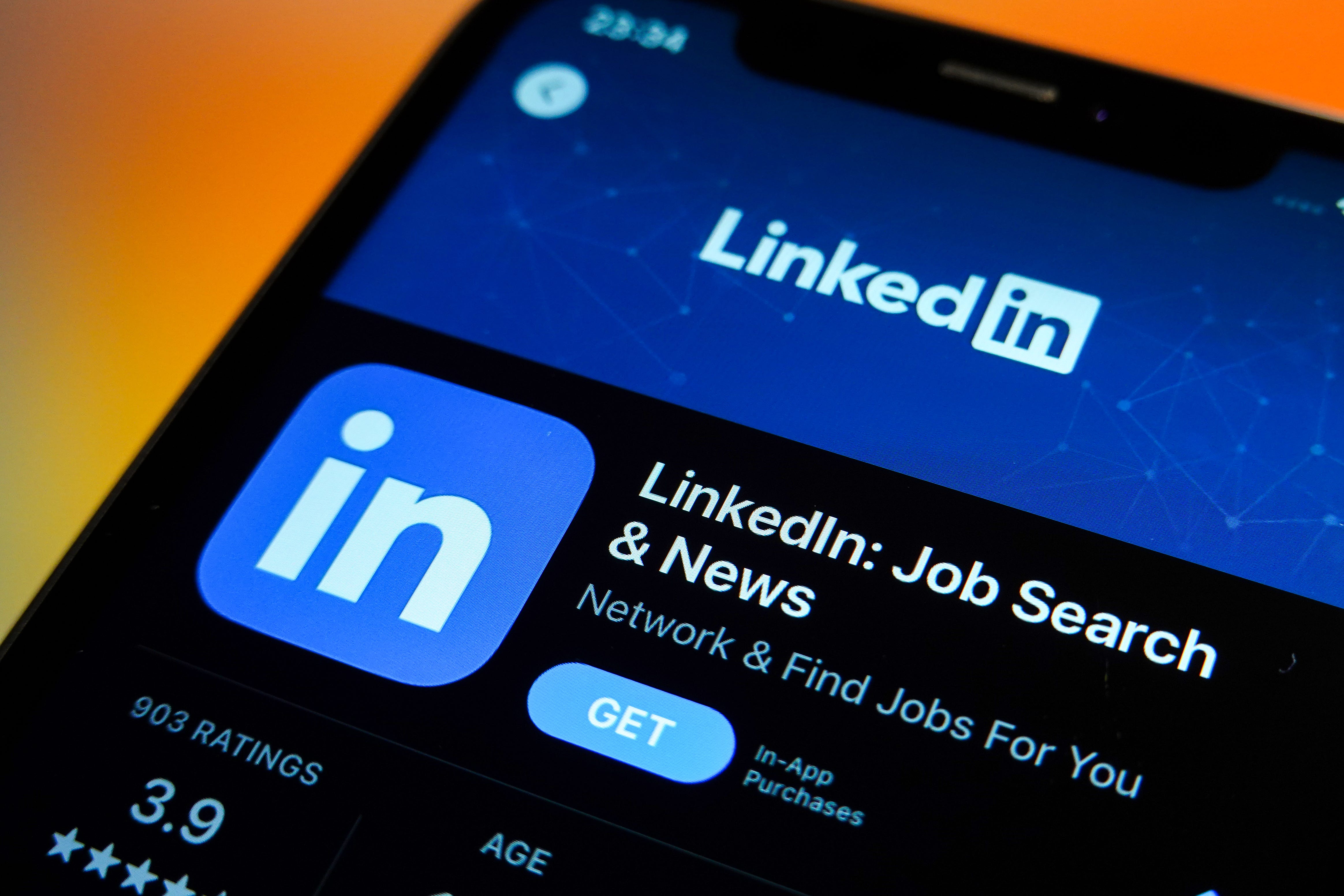
Sheldon Cooper/Getty Images
What do you say in a cold outreach message? Should your work history be lifted verbatim from your résumé? Do you use first- or third-person in describing yourself?
Anyone who’s ever tinkered with their LinkedIn profile has probably found themselves asking questions like these.
BI asked LinkedIn experts for their tips on optimizing your LinkedIn profile and building your professional brand on the site. The next time you need to brush up on your profile (hint: you’re probably not doing it enough), here are their do’s and don’ts for using the networking site.
Optimizing your profile
LinkedIn gives you the option to default to your current job title in your headline. But “having skills in the headline is one of the areas that can really help you show up more prominently in search,” said executive, résumé, and LinkedIn writer Virginia Franco.
Consider putting two or three of the top keywords or skills associated with your job target in your headline.
“Think of it as your 220-character elevator pitch,” said Beth Granger, a consultant who focuses on networking and building your professional brand on LinkedIn.
But along with hard skills, you also want to “balance those keywords with a feel for your personality, to generate chemistry for you as a candidate,” says Meg Guiseppi, executive job search strategist.
Similarly, a lot of people neglect their banners, but they’re “your own professional billboard,” said Granger.
Franco has seen clients take the three top keywords affiliated with their job target, add their name, and use that as their background image.
In your About section, strike a more conversational tone than you would in a résumé. (That means ditching the third-person voice.)
“It is a real chance to tell the reader about the problems that you fix, maybe some details about your leadership style, or what makes you tick,” said Franco.
And lead with what you most want someone to know, since they may not click to read to the end.
In the Experience section, Franco focuses on the last 15 years of her work history. List your job responsibilities, not just your employer and job title, and don’t just copy-paste from your résumé. You can describe a specific project and its results, or go more in-depth than you could in a bulleted list.
Highlight for each role “what you were brought on to do, what things looked like at the end, and high-level how you went about doing that,” Franco said.
Choose from one of the pre-populated job title choices since those will better surface you in search, and if that’s a little different from your actual title, use the space to explain why.
For workers just starting out in their careers, don’t just list your school and degree in the Education section. Consider including the names of courses you took, as those are often keywords that can help surface you in searches.
In the Skills section, getting endorsements can help boost your credibility and your profile’s search ranking, says Guiseppi.
A good time to ask for recommendations (not to be confused with skill endorsements) is when a colleague thanks you for something. You can also give a recommendation first and then ask for one in return.
Growing your network
Optimizing your profile isn’t the only thing you should be doing on LinkedIn. Equally important is maintaining an active presence on the site. An easy way to get started is by commenting on others’ posts.
“If you were in a room full of people, if people were talking and you walked up and joined their conversation, that’s much easier than standing in the corner and saying something and hoping people will come listen to you,” said Granger.
As far as making your own posts, think sharing articles of interest, reposting others’ insightful comments, or commenting on industry happenings. One hot topic in seemingly every industry right now is the potential impact of AI on people’s work. You can also take your cue from what others in your network are saying.
When it comes to building your network, send a personalized note with every connection request to cut through the noise, explain why you’re reaching out, and refresh someone’s memory of where you met.
At the end of the day, you want the parts of your profile to work together to make people “feel like they can reach out to you,” said Granger.
“You want your profile to be able to start a conversation.”
The post The do’s and don’ts of LinkedIn appeared first on Business Insider.




